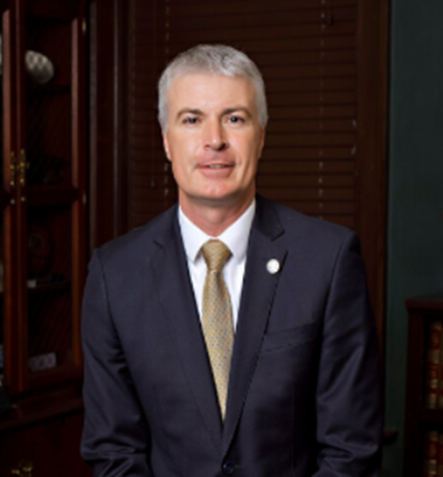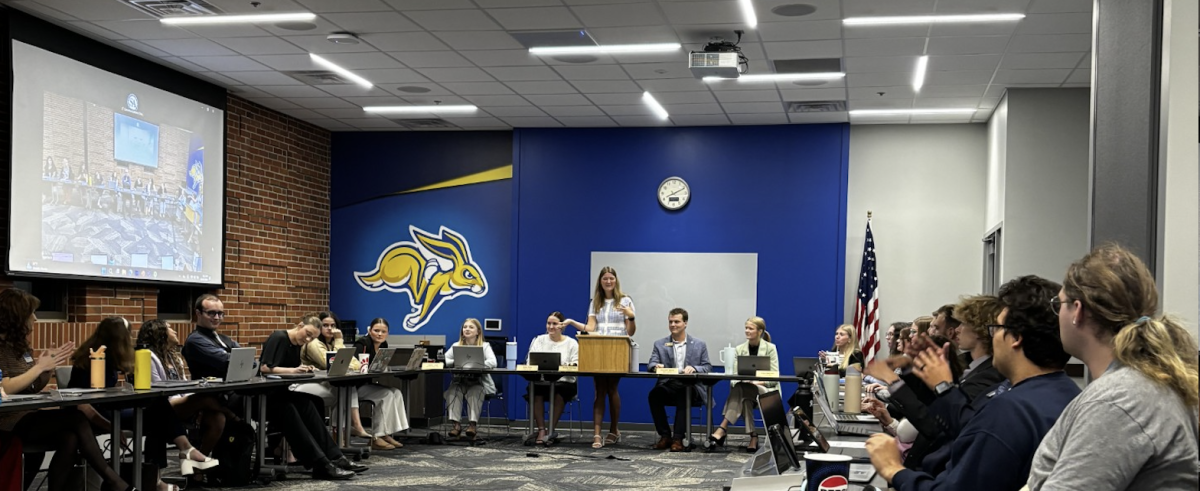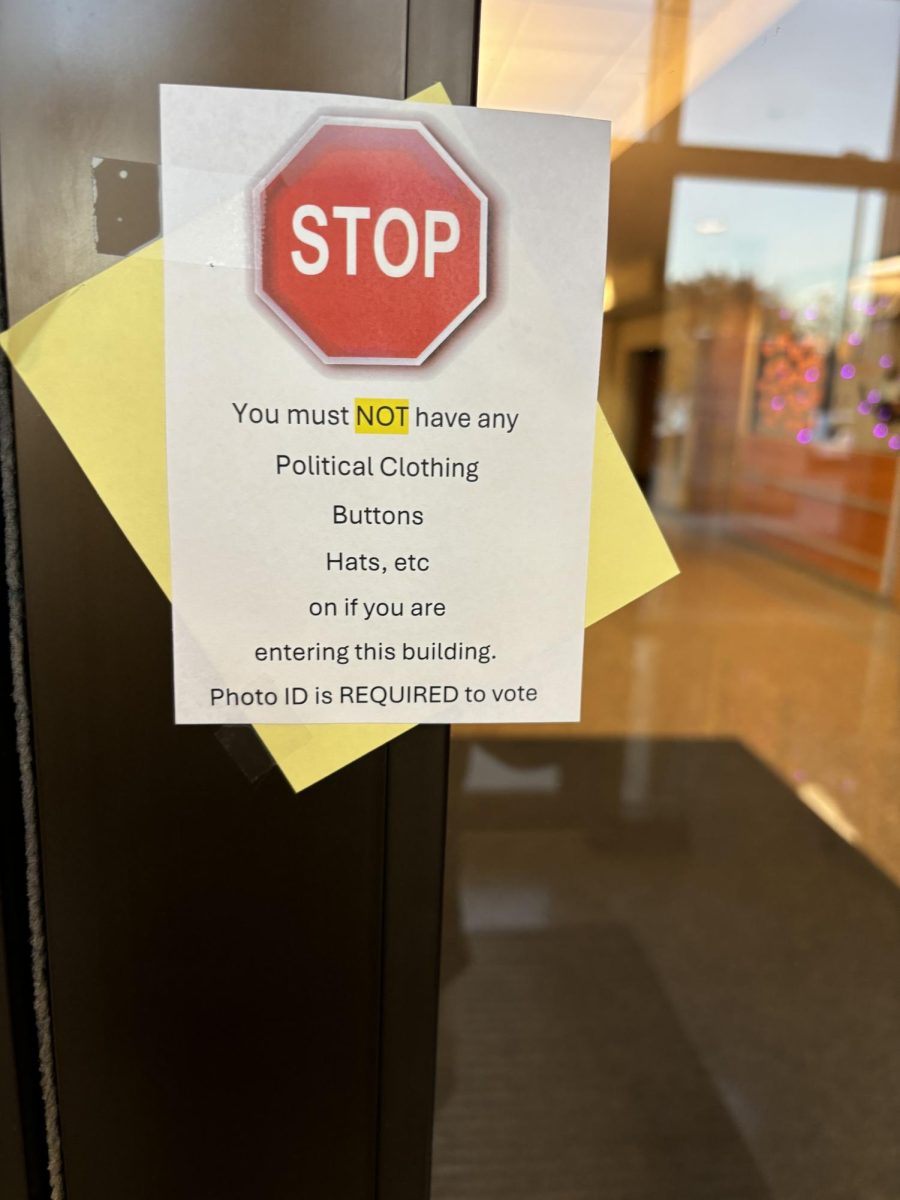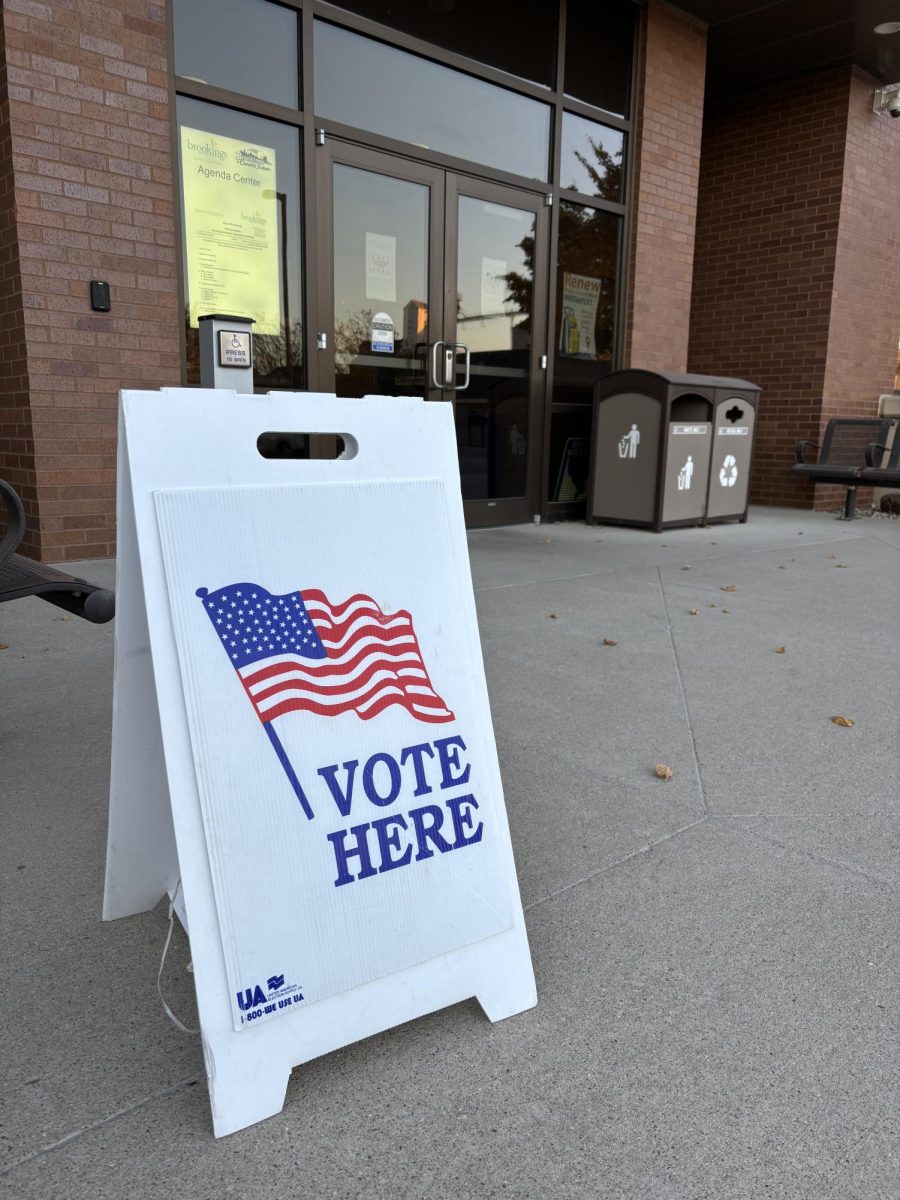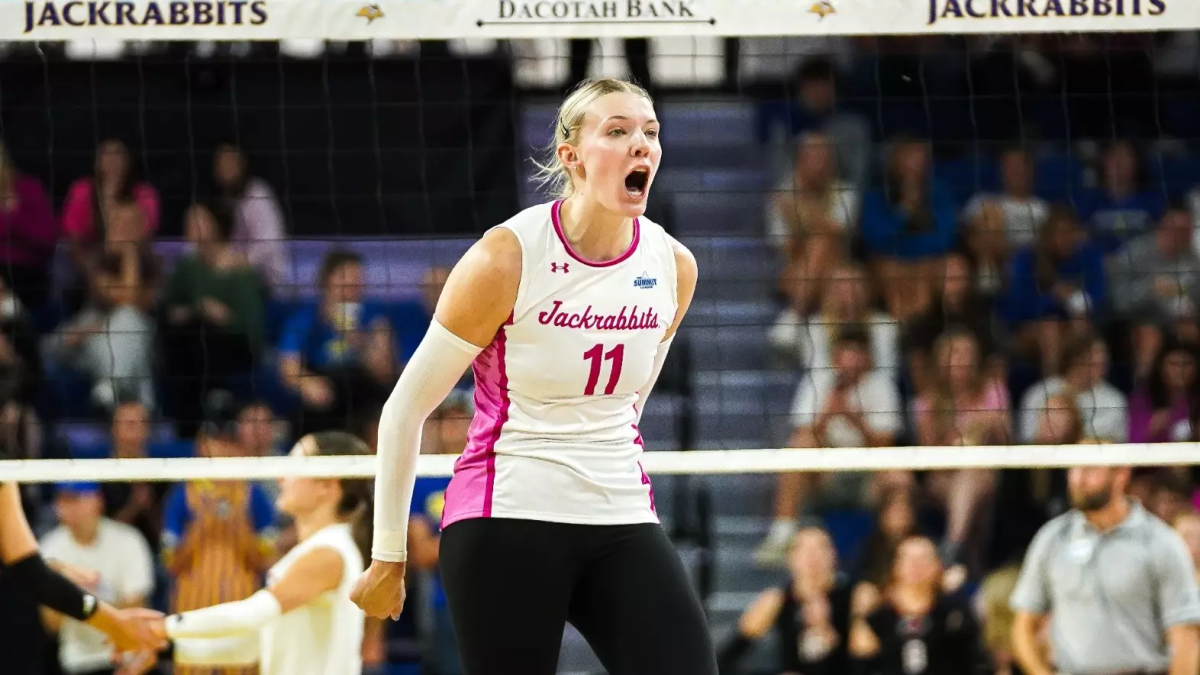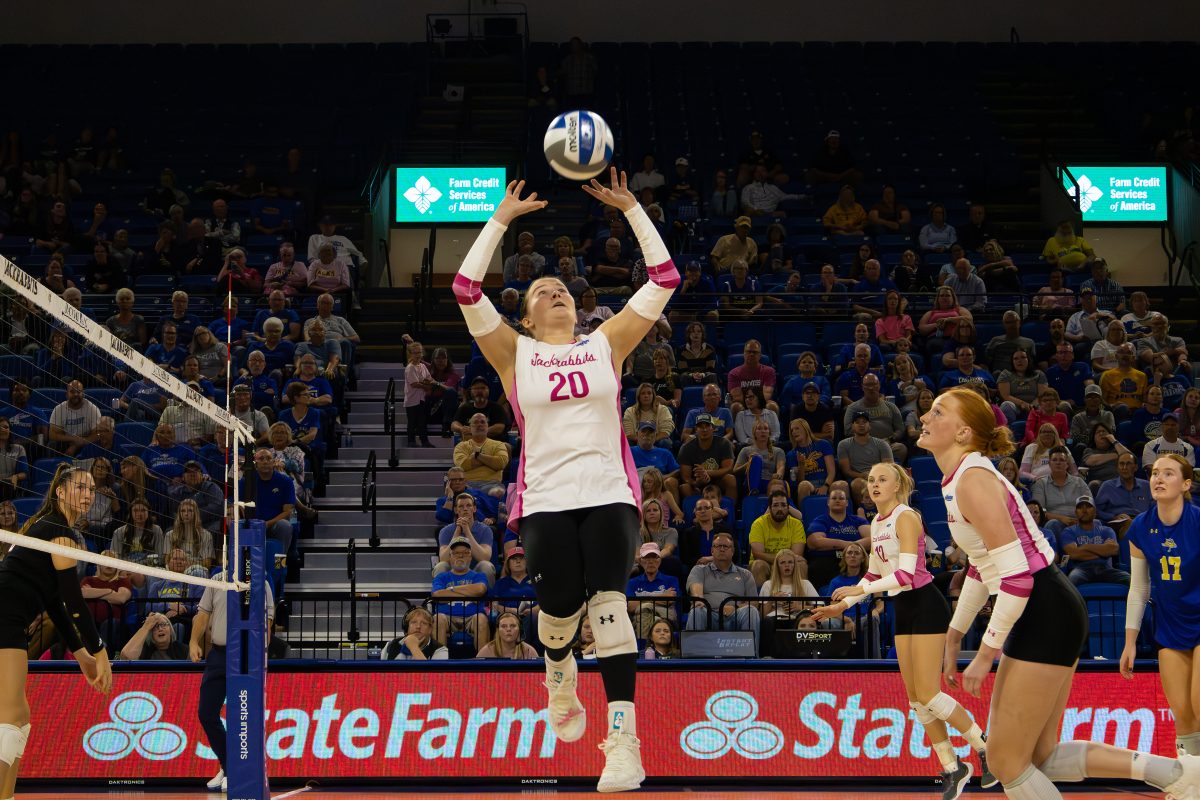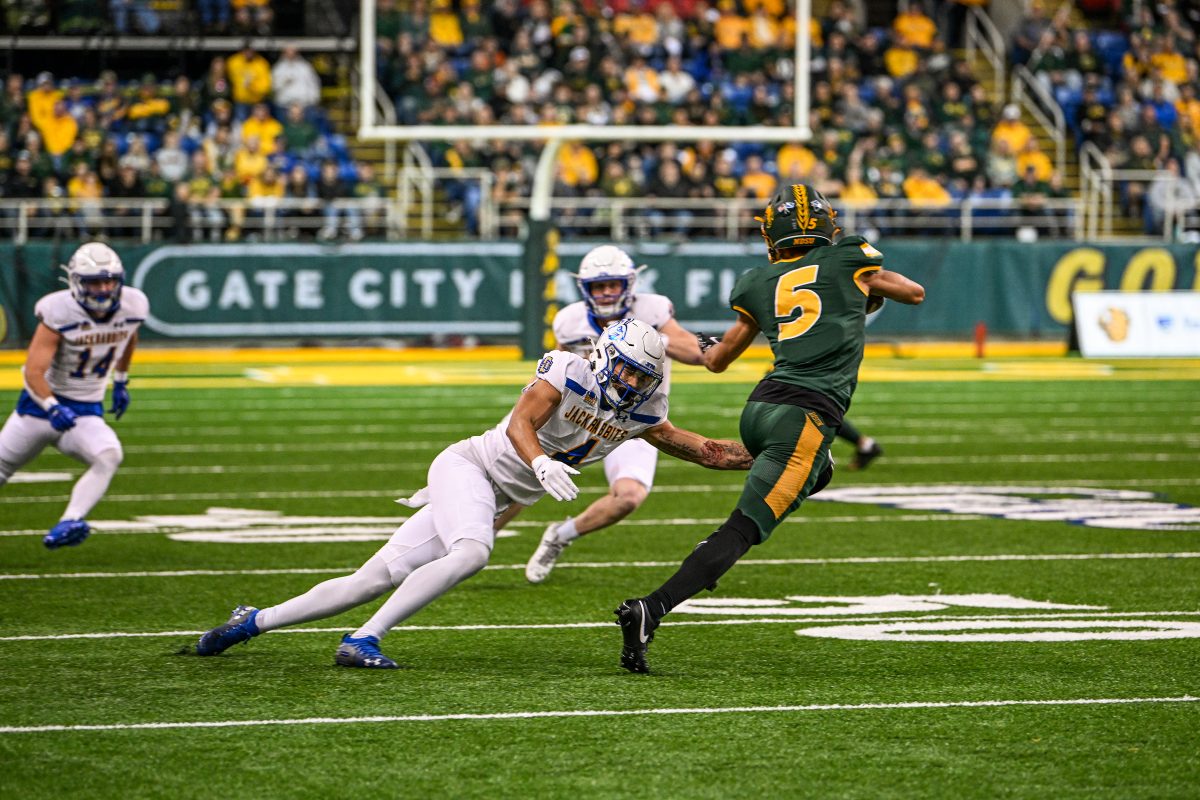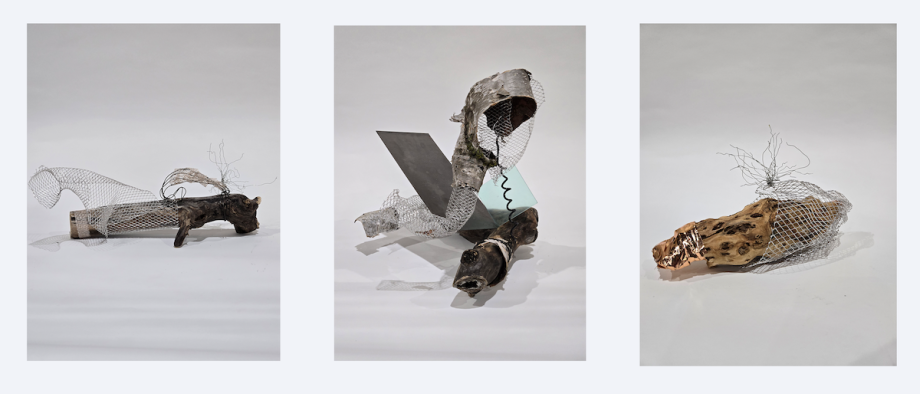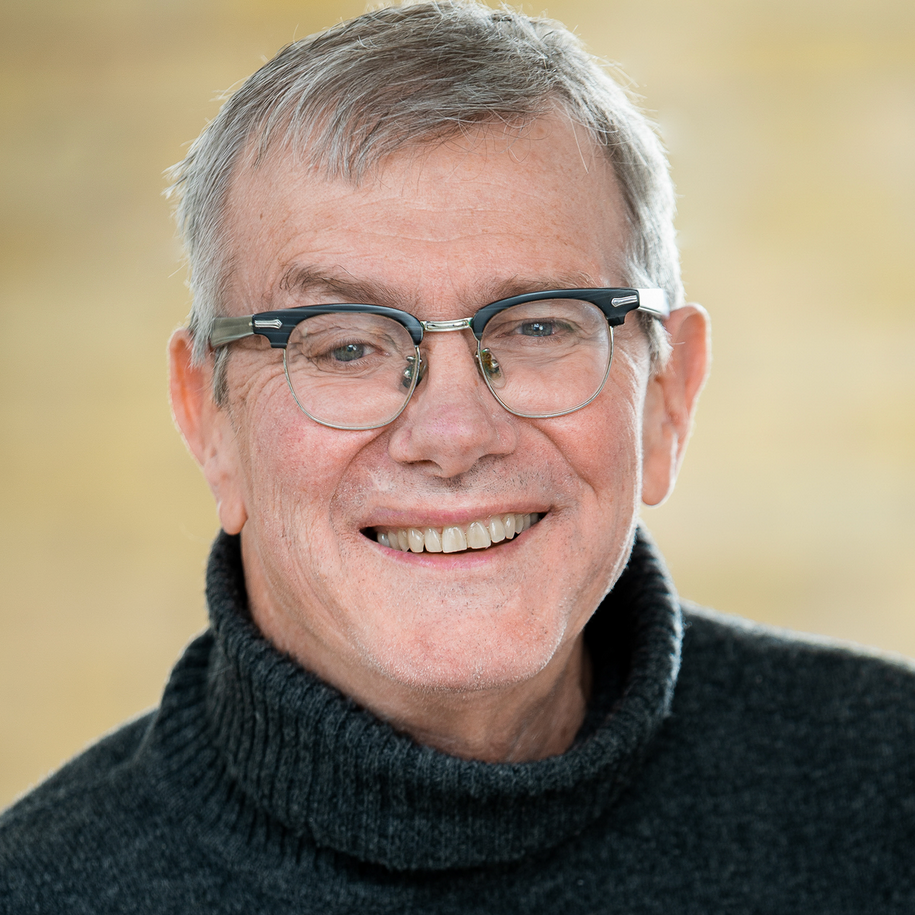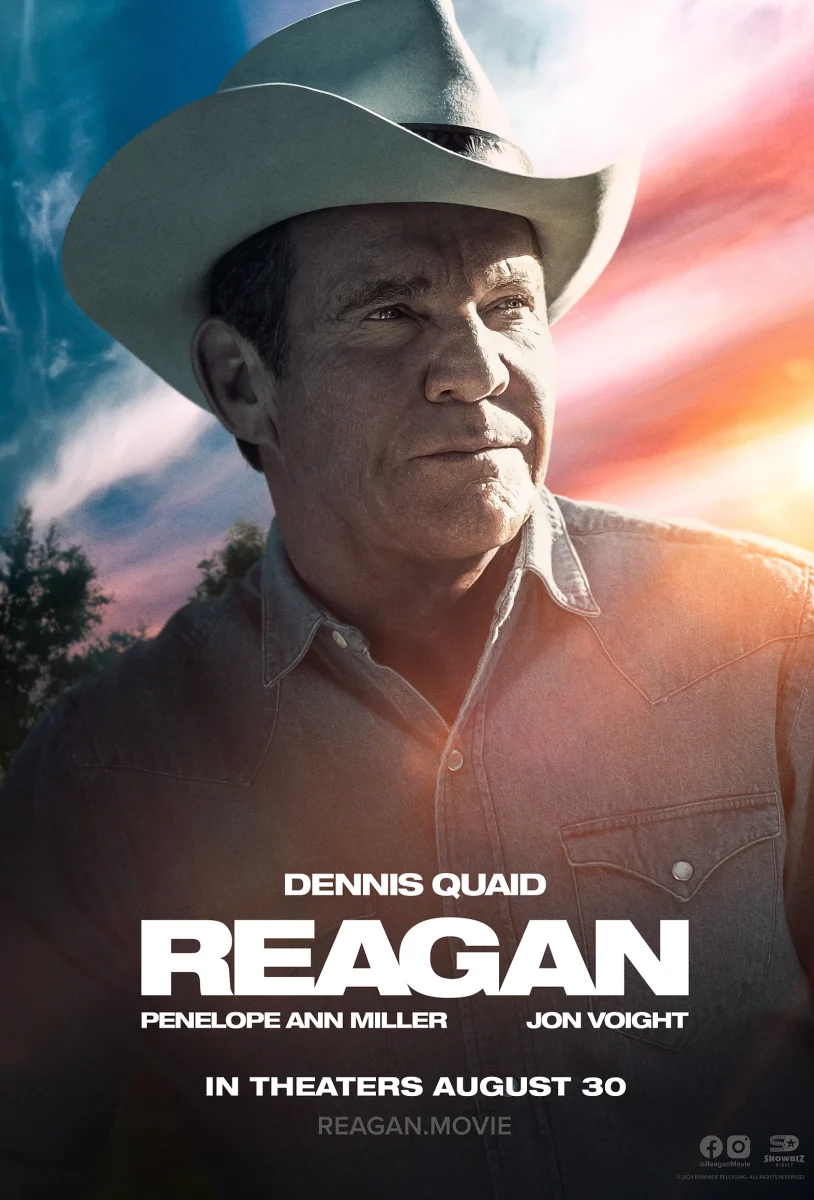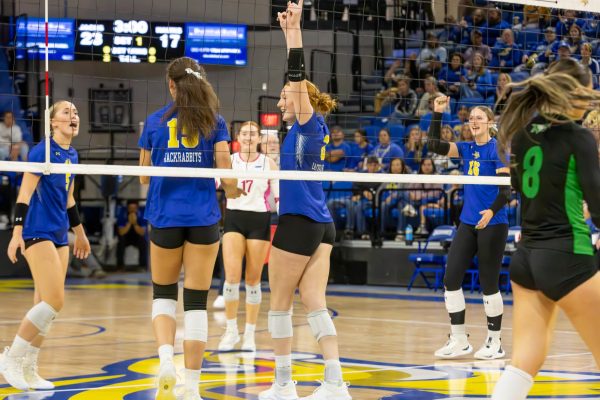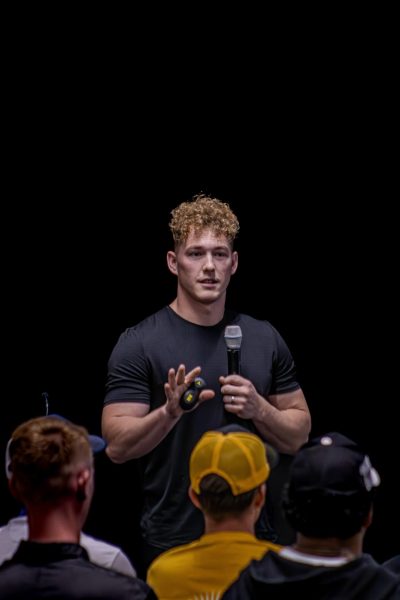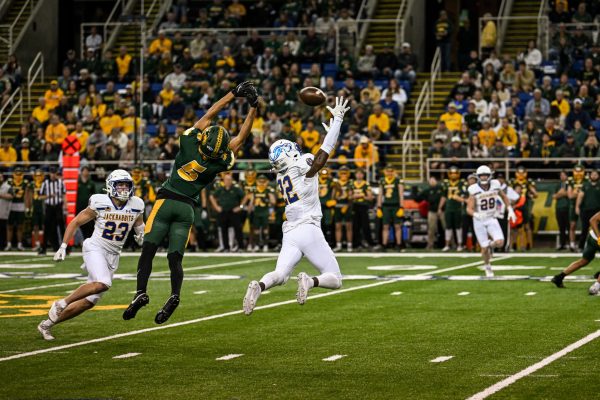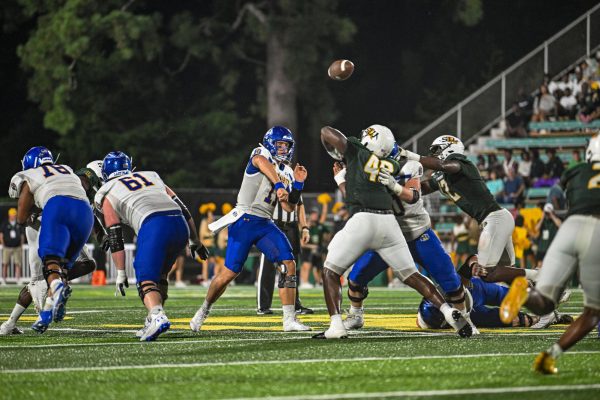Model United Nations students prep for competition
April 15, 2002
Lynn Klavetter
Ask around and you will soon find that several students do not know a great deal about our government’s policies, but even less students are aware of policies in other countries.
Each spring, Model United Nations gears up participants to learn more about the policies of other countries.
The Arrowhead Model United Nations Conference will take place at Minnesota State University-Moorhead from April 18 through April 21. Each student is assigned to a country and a committee.
“The student will represent his or her assigned country in that committee arguing on their behalf for or against the various resolutions that have been introduced in the committee,” Del Lonowski, associate professor of political science said. “The committee work is only part of the conference.”
“Generally, each student prepares their own individual resolutions for their country into their committee. That is the basis of the debate that takes place in the committee. Once the committee feels it has finished its work, it goes to the general assembly, which is all of the delegates in the whole conference, where the work of the committees is approved or rejected,” Lonowski said. Each delegate spends time preparing for the conference by doing research.
“The focus is on research so the students can get to understand the points of view of the countries they are representing,” Lonowski said.
Because one of the official languages of the United Nations is English, the participants have not faced a language barrier in their research. However they have faced other challenges. “The big problem is finding the documents. The staff at Briggs Library has been a tremendous help,” Lonowski said. Finding current documents has also been an issue.
“The major challenge is while you are researching your country’s issues, your country’s government is continuously changing. Time is an issue. Information on the United States is at your fingertips, where as distance and culture limits the availability of information,” junior Kelly Bosma said.
Playing the role of an assigned country is a serious matter to the delegates.
“One of the highlights is the people that you meet and the different personalities you run into. There are some people that take their role very seriously not allowing you to see their true personality,” Bosma said. Thirty-three students make up SDSU’s delegation, creating the largest one the college has ever had.
“I think it [interest] is mostly growing as a result of word of mouth. The students find it exciting, intellectually stimulating, and generally fun,” Lonowski said.
Another possible reason students might be attracted is for credit. “It’s open to all students. They can obtain a Political Science credit. We have cooperated with the geography and psychology departments so students can gain credit in their departments as well,” Lonowski said.
“They get an opportunity to really hone their research skills because they need to find official government documents from foreign countries. They have the opportunity to develop public speaking skills in debates and discussions and negotiating skills.”

